There is a reason that page-to-screen adaptations of book’s like “To All the Boys I’ve Loved Before” and modernized, musicified reimaginings of “Mean Girls” are all the rage in Hollywood.
There is no question why: adolescent angst, first loves and unforgettable coming-of-age moments make for good entertainment. From dramatic love triangles to enticing adventures, the romanticized versions of teen life movies are an iconic genre.
Teen films hold a special place in cinematic history, capturing the essence of youth in its rawest and most relatable form.
And they do it while staying grounded; they don’t need fantastic beasts, flying broomsticks or epic lightsaber battles to excite their audience.
These movies create a powerful sense of relatability, drawing audiences into the characters’ struggles, triumphs, and heartfelt moments. Through authentic storytelling, rich character development, and genuine portrayals of teenage life, these films resonate on a deeply personal level, transcending the need for flashy visuals or supernatural elements.
By crafting relatable characters and telling authentic stories, teen films can ignite emotion and resonate with audiences for decades.
So get in, loser; we’re looking at the best of these iconic teen films.
5. “Edge of Seventeen” (2016)
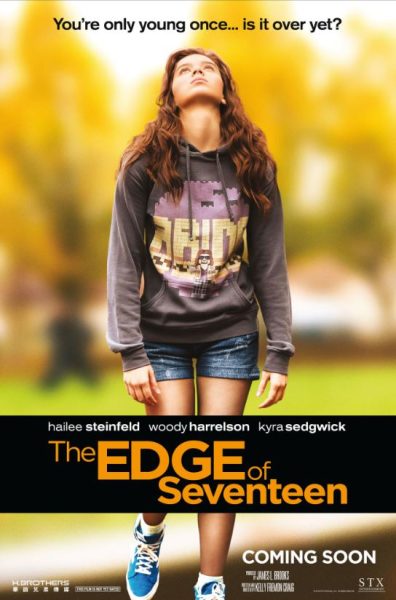
This extremely underrated coming-of-age film tells the story of Nadine (Hailee Steinfeld) as she navigates her way through her junior year of high school. After her best (and only) friend starts dating her brother, her family and social lives fall apart.
Like “Perks of Being a Wallflower,” an honorable mention deserving of a spot on this list, “Edge of Seventeen” throws out the idea that a main character needs to be extraordinary. Nadine is extra ordinary—not rich, not popular, not exceeding at school (or anything really).
Nadine is wonderfully awkward, a teen who repeatedly makes mistakes and faces a roller coaster journey. The story doesn’t shy away from her issues and immature mindset; it isn’t worried about making the character likable, but relatable.
Her choices sometimes leave the audience upset and frustrated, an honest representation of what this stage of life can look like.
Every detail—Nadine’s mismatched wardrobe, her screaming fights with her mom, her littered bedroom floor—replays as a scene from nearly every teen’s life.
Watching the banter between Nadine and her history teacher, Mr. Bruner (Woody Harrelson), evolve into a light-hearted, father-daughter relationship touches a nerve that keeps you rooting for Nadine, hoping she will find her way.
But the teen learns her lessons the hard way and doesn’t get her ‘happy ending’ delivered on a silver platter. She comes to understand her naivety is problematic; she must consider how her actions affect others, a lesson many of us could benefit from learning for ourselves.
The film is iconic because of all the things it isn’t. It isn’t fake, or phony; glittery or glamorous.
Sometimes, you accidentally send a text you shouldn’t, you make choices that won’t make your parents proud, your crush never develops into anything more…
Sometimes being a teenager is disappointing.
4. “Dead Poets Society” (1989)
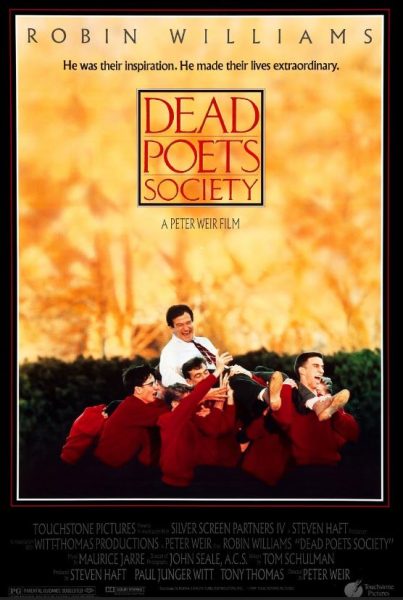
Oh, captain, my captain!
This film highlights the importance of freedom and self-expression as a group of teens struggle through life at a prestigious all-boys prep school in the 1950s.
Beloved actor Robin Williams plays Mr. Keating—the boys’ English teacher who inspires them to live their lives to the fullest despite the school’s harsh restrictions.
As a Welton Academy alum, Mr. Keating knows all too well the teens’ oppressive circumstances and works to save these boys’ creative spirit from being destroyed by the academy, their parents and the world.
Keating encourages the boys to break free from societal expectations and pursue their dreams, to explore their passions through the power of poetry and critical thinking.
The title (which happens to be a daunting parallel to Taylor Swift’s upcoming album, “The Tortured Poets Department”), creatively addresses the students’ rebellion against the school’s conservative values and strict administration.
This lesson of the importance of self-expression, passion and fulfillment remains vital today. To live a life of value, the film argues, one needs to have one’s creativity nurtured and be allowed to pursue their interests and passions.
The lesson is illustrated with gut-wrenching effectiveness at the film’s end (I’ll refrain from spoiling).
Fittingly, the script is nearly poetry in itself.
Every line is not only written but delivered with close attention to detail. While I’m no film major, I am an avid coming-of-age film watcher. Aside from just viewer enjoyment, I can appreciate the aspects of a good film. The camera work, sets and all visuals within the film make the entire piece a true work of art.
3. “The Breakfast Club” (1985)
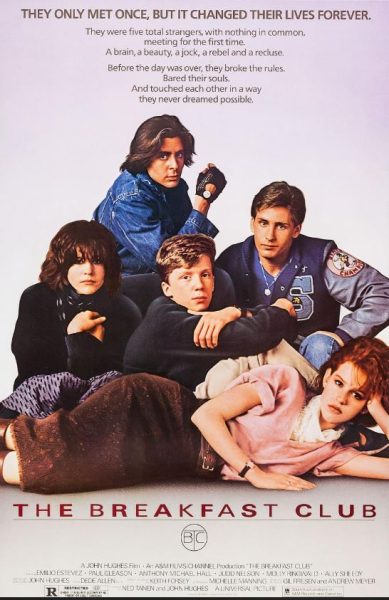
Are we all inevitably destined to become our parents? That is the question at the heart of this John Hughes classic.
When five high schoolers—the brainy Brian, the popular Claire, the jock Andrew, the rebellious Bender and the social outcast Allison—find themselves in detention one Saturday, over the course of one afternoon, they find themselves.
In the Shermer High School library, the five break down their social barriers and see past the cliques and the stereotypes, learning they are more similar than different. As the group picks fights, plot heists and gets wrapped up in deep conversations about their lives, the film explores themes of teenage identity, social pressures and the complexities of adolescence.
For a brief moment, we see the transformative power of empathy and understanding. But we’re left wondering what school will look like for these five come Monday morning. Will they continue to build the bonds formed in detention, or will they return to their cliques and act like the others don’t exist?
This concept offers a cynical perspective that many of us might otherwise ignore: our ability to feel so changed one moment but revert to what is comfortable and familiar the next. That question of what Monday will bring is genuinely an ingenious ending.
2. “The Princess Diaries” (2001)
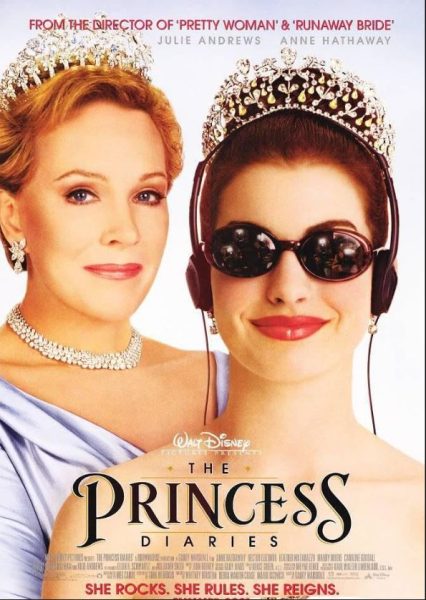
Every little girl’s dream plays out on screen as Mia Thermopolis (Anne Hathaway), just your average, ordinary 15-year-old outcast, learns she’s a princess, heir to the throne of a foreign country.
This movie is full of tropes and classic cliches—it’s a literal Cinderella story, a fish-out-of-water tale, complete with the classic (and slightly controversial) transformation scene, a beautiful girl has been hidden behind glasses and textured hair this whole time—but they are easily ignored and overlooked.
While not without its flaws, the film doesn’t hold back in speaking up for those who may not fit the ‘popular’ teen stereotype, imparting valuable messages about self-discovery, self-acceptance and the importance of staying true to oneself.
Mia’s journey from awkward teenager to confident princess highlights the significance of embracing who they are: the things that can make us stick out, make us stand out, and make us unique. The movie encourages risk-taking and finding the courage to pursue our dreams despite obstacles and insecurities.
But, most importantly, is the message of seeing the value of others and using our voice to advocate for those not being heard.
A lesson Mia’s speech at the movie’s end drives home: “Then I realized how many stupid times a day I use the word ‘I.’ And probably all I ever do is think about myself…if I were Princess of Genovia, then my thoughts and the thoughts of people smarter than me would be much better heard, and just maybe those thoughts could be turned into actions.”
A fairy tale with some real lessons, the movie emphasizes the importance of empathy, advocacy, family, friendship and integrity.
The film’s iconic status is only enriched by the endearing performance of Anne Hathaway as Mia and the memorable portrayal of her quirky grandmother, Queen Clarisse Renaldi, played by Julie Andrews (“Mary Poppins,” “The Sound of Music”).
It really is “fun for the whole family,” with its colorful characters, lighthearted humor and touching moments.
1. “Mean Girls” (2004)
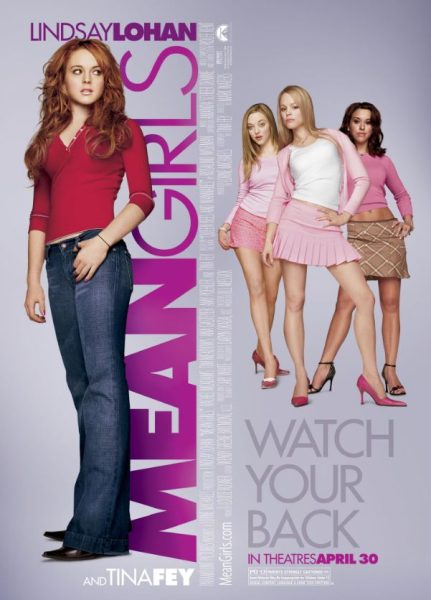
Just how iconic is “Mean Girls”?
We know what to wear on Wednesday, we know why Oct. 3 matters, we know that fetch is never going to happen.
Written by SNL alum Tina Fey, a rock star cast—Lindsay Lohan as Cady Heron, Rachel McAdams as Regina George, Lacey Chabert as Gretchen Wieners, Amanda Seyfried as Karen Smith—looks at just how violent and toxic “girl world” can be in high school.
In “Mean Girls,” everyone sucks—an interesting and perhaps apt take on high school. There’s no good guy, and there’s no bad guy because everyone is flawed. The characters are immature, selfish and, well, mean.
The parallel between the food chain on the African savanna and the American high school social hierarchy is a comedic but accurate comparison.
The social hierarchy at North Shore High School is a ruthless and cutthroat ecosystem where individuals vie for dominance and social status. Regina George reigns supreme; she’s an apex predator dictating social norms and controlling who is “in” or “out.” Anyone outside the Plastics fights for survival.
Beneath the humor is a layer of truth, as the movie satirizes the absurdity and pettiness of teenage social politics.
It is just that type of humor that makes the movie timeless. Released over two decades ago, most of the jokes have aged pretty phenomenally.
The film’s use of exaggeration, employing over-the-top stereotypes, helps it walk a thin line between comedy and criticism. It is critiquing without feeling supercritical.
The fact that the 2024 adaptation stays relatively faithful to the original script is a testament to the relevance of “Mean Girls.” The fashions, the trends and the slang all change, but human nature? Not so much.
What makes an iconic teen film? That’s an almost impossible question because what defines the high school experience beyond its indefinability; its complexity?
Teen films are not merely about entertainment; they are about capturing the essence of adolescence—the struggles, the triumphs, the highs, the lows, the forgetable and the unforgettable moments of growing up.
These movies resonate because they speak to universal experiences. By focusing on authentic experiences and relatable characters, they create a powerful connection with audiences that transcends time and trends, whether it’s navigating the halls of high school with the Plastics or finding oneself in the pages of poetry.

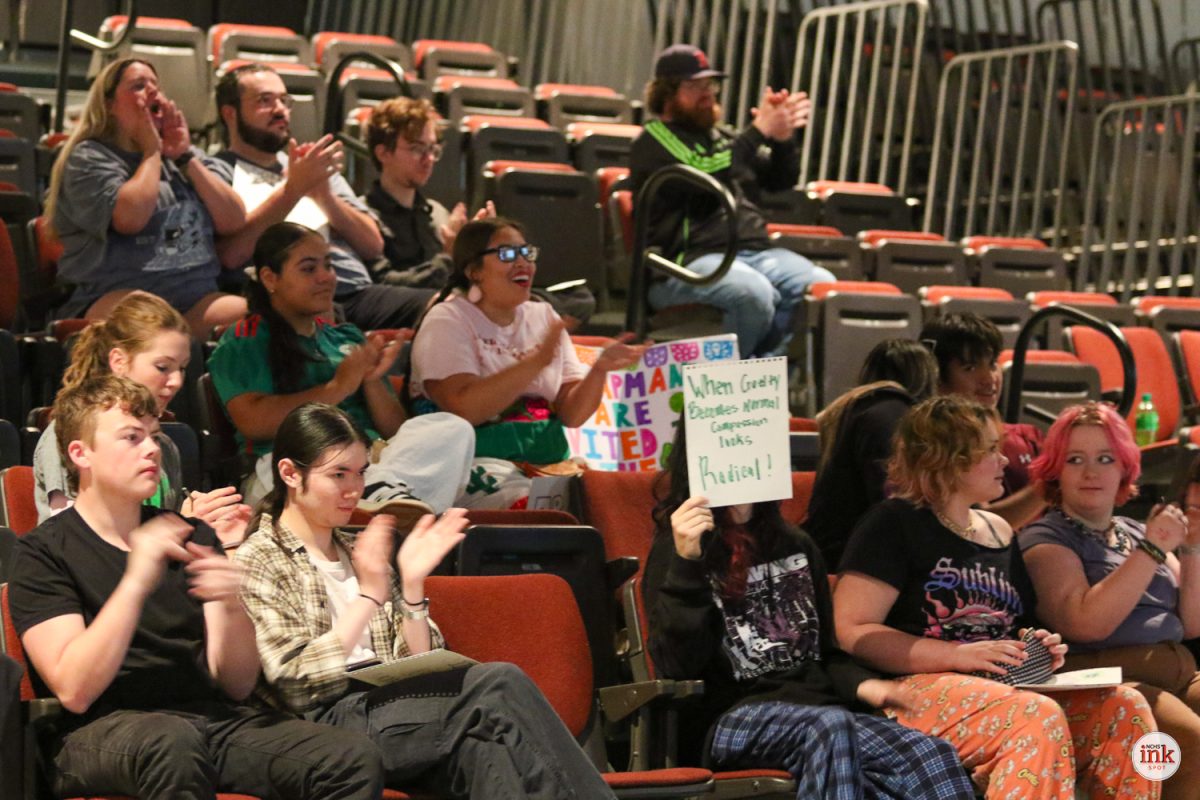

![Community honors longtime coach Mr. Bryan Thomas before Oct. 3 game [photo gallery]](https://nchsinkspot.com/wp-content/uploads/2025/10/Thomas-6-1200x1200.jpg)

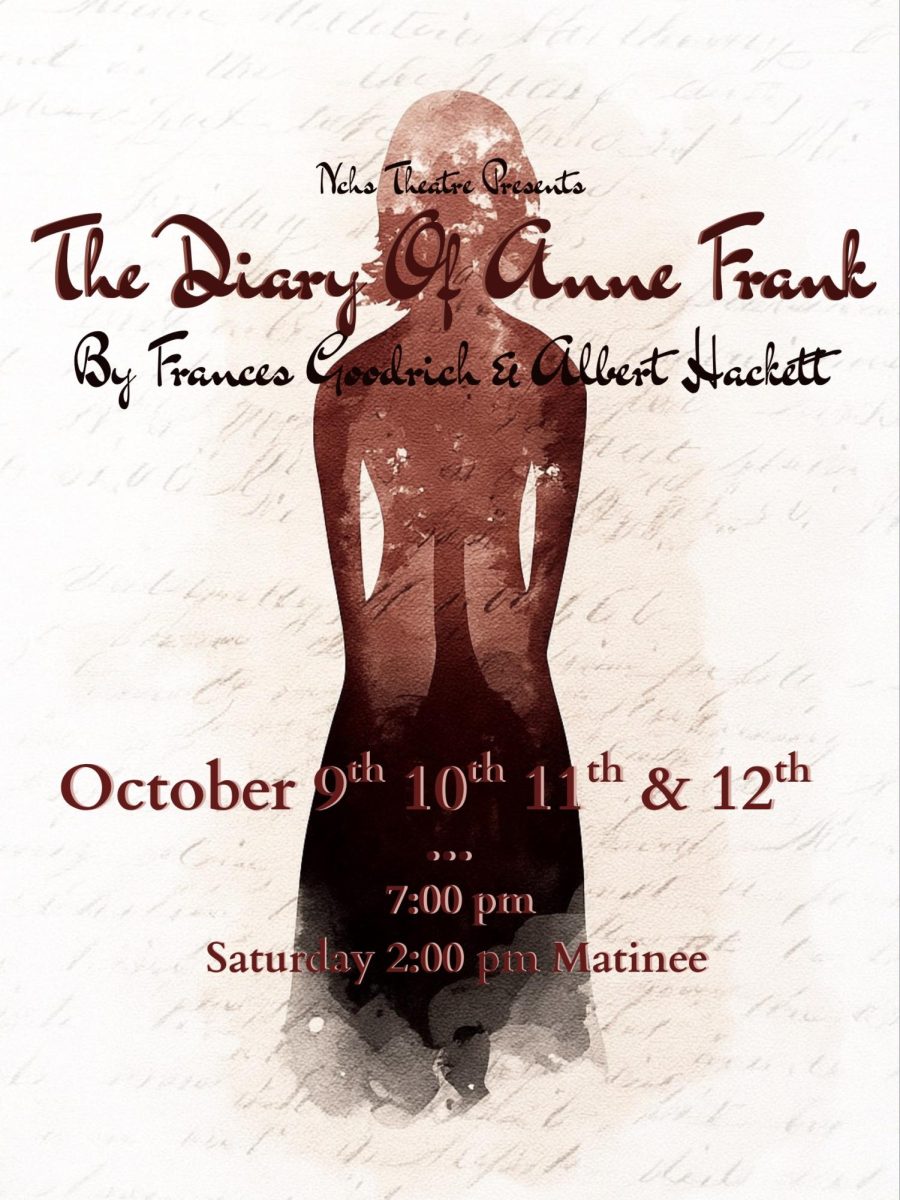
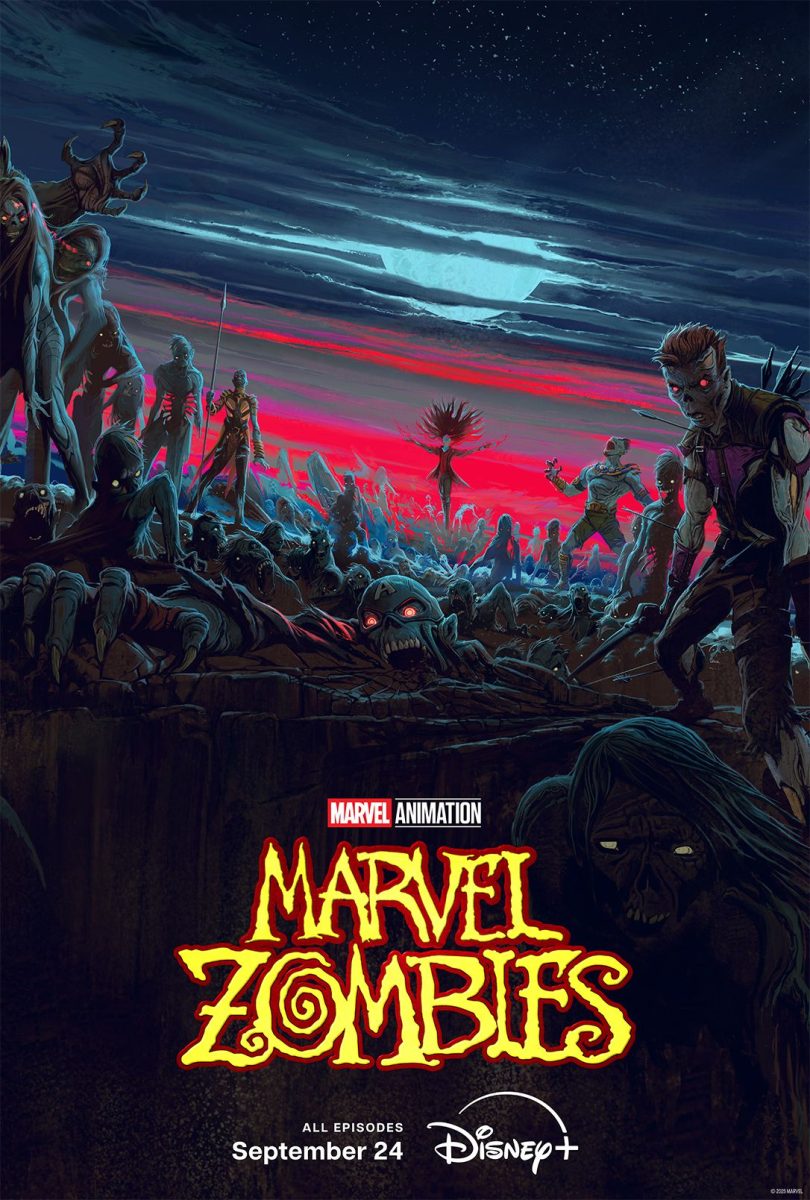
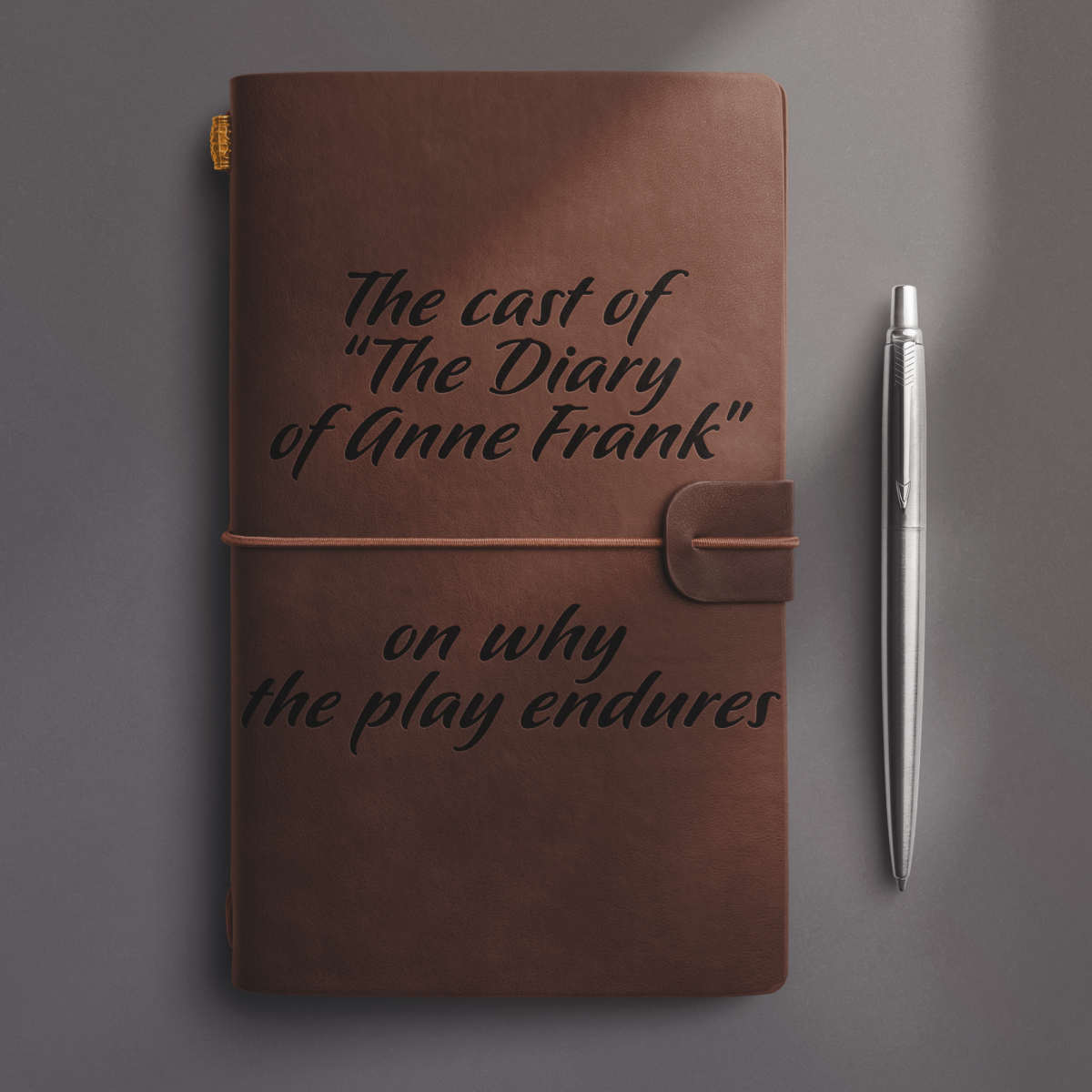


















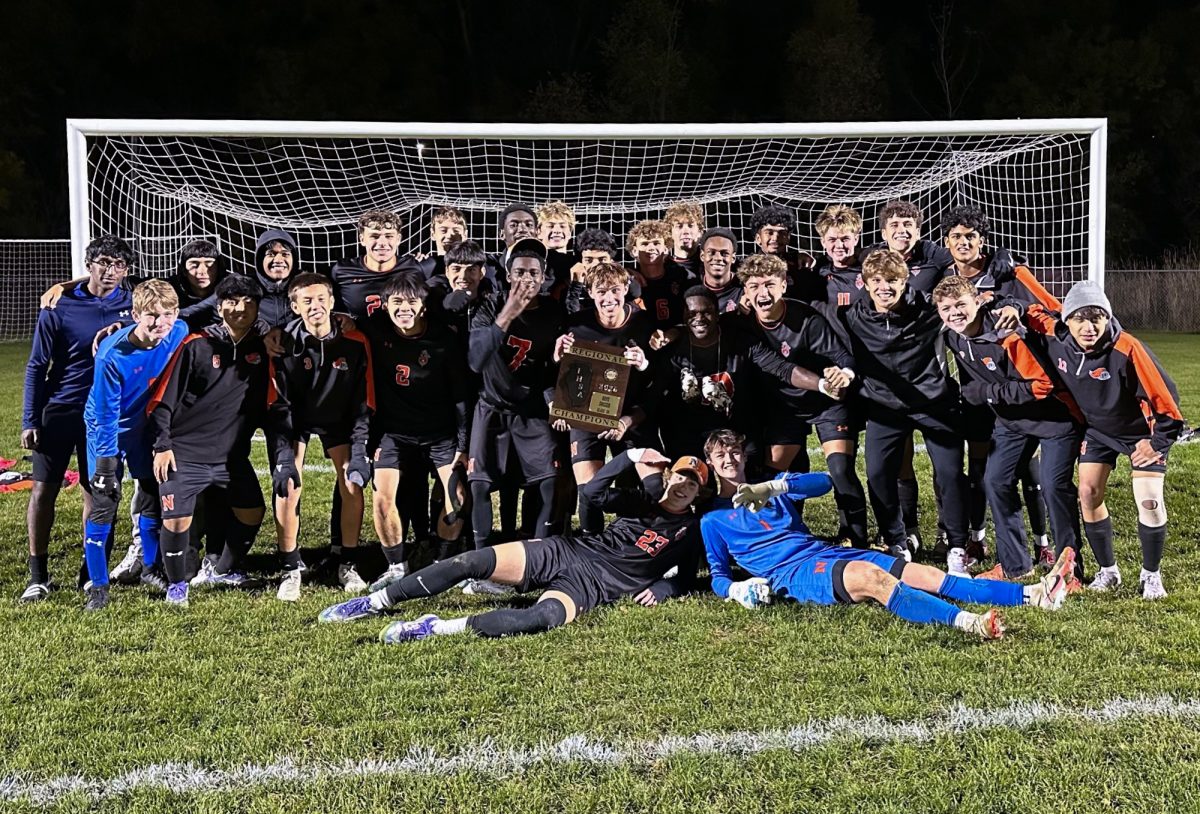
![Playoffs Rd. 1: Coach Drengwitz on Ironmen’s 7A playoff opener at Carmel Catholic [video]](https://nchsinkspot.com/wp-content/uploads/2025/10/PW_PresserVCC_Thumb.png)
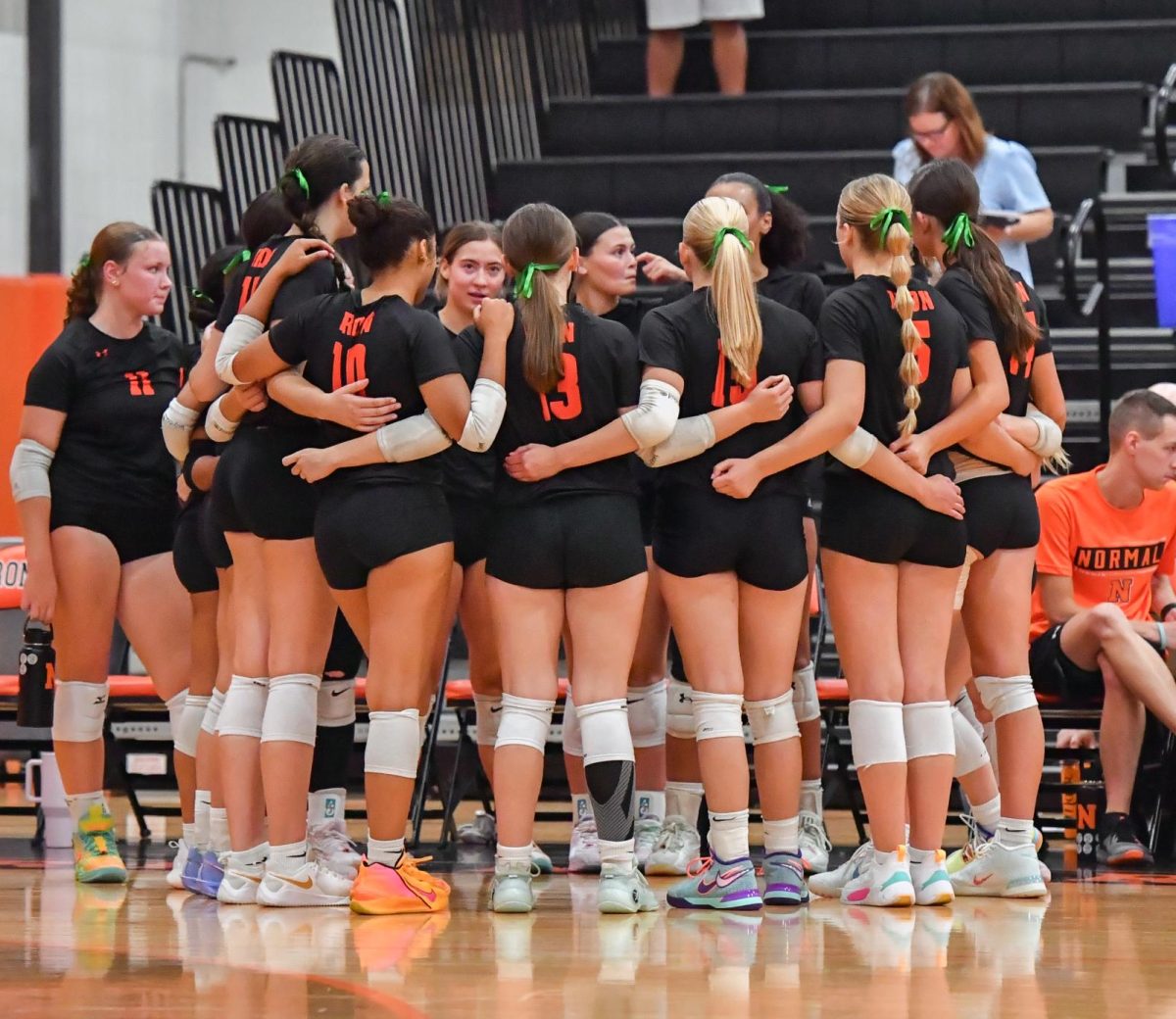
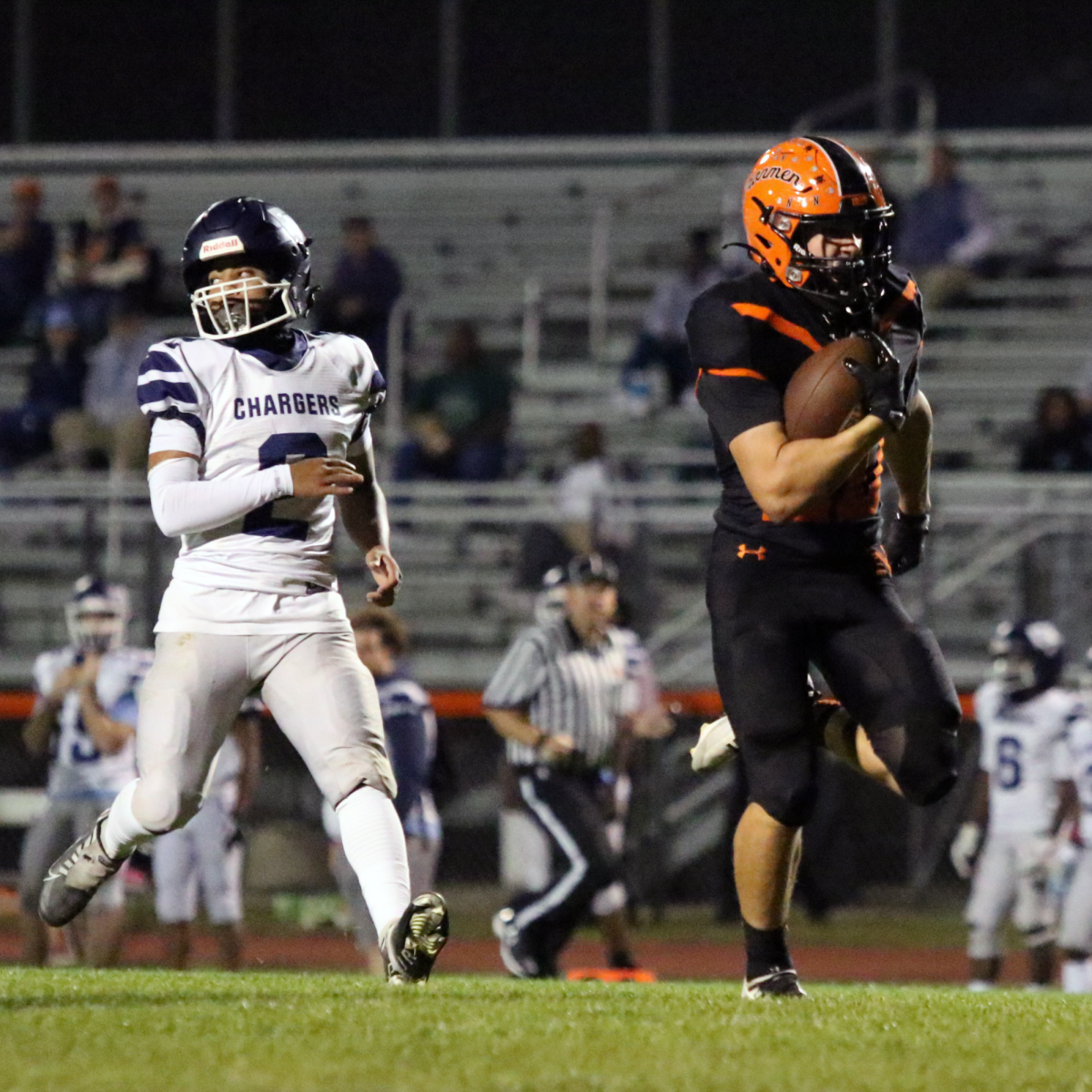
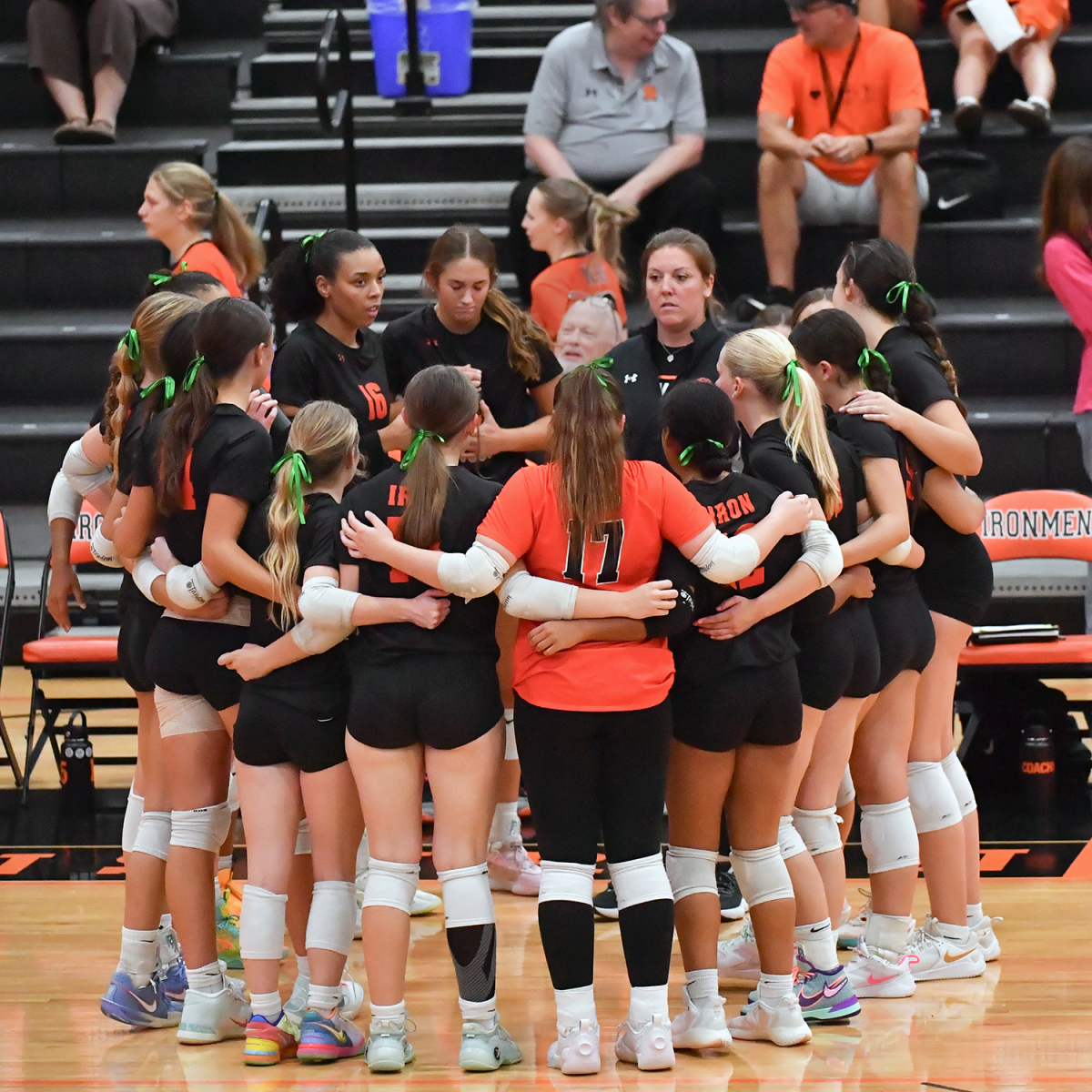







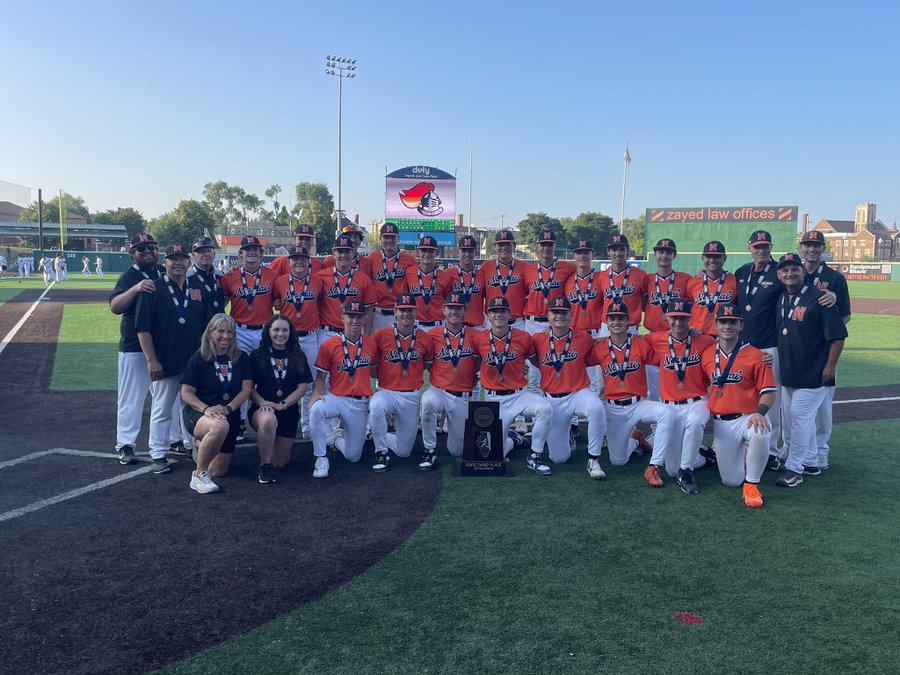








![Halloween candy cross section quiz [quiz]](https://nchsinkspot.com/wp-content/uploads/2022/10/Candy-cover-big-900x675.png)
![Average Jonah? [quiz]](https://nchsinkspot.com/wp-content/uploads/2022/05/average-jonah-900x600.png)







![[Photo Illustration]](https://nchsinkspot.com/wp-content/uploads/2025/09/trigger-words-1.png)










![Hauntcert performers on why this year’s show hits all the right notes [video]](https://nchsinkspot.com/wp-content/uploads/2025/10/Untitled-2.png)
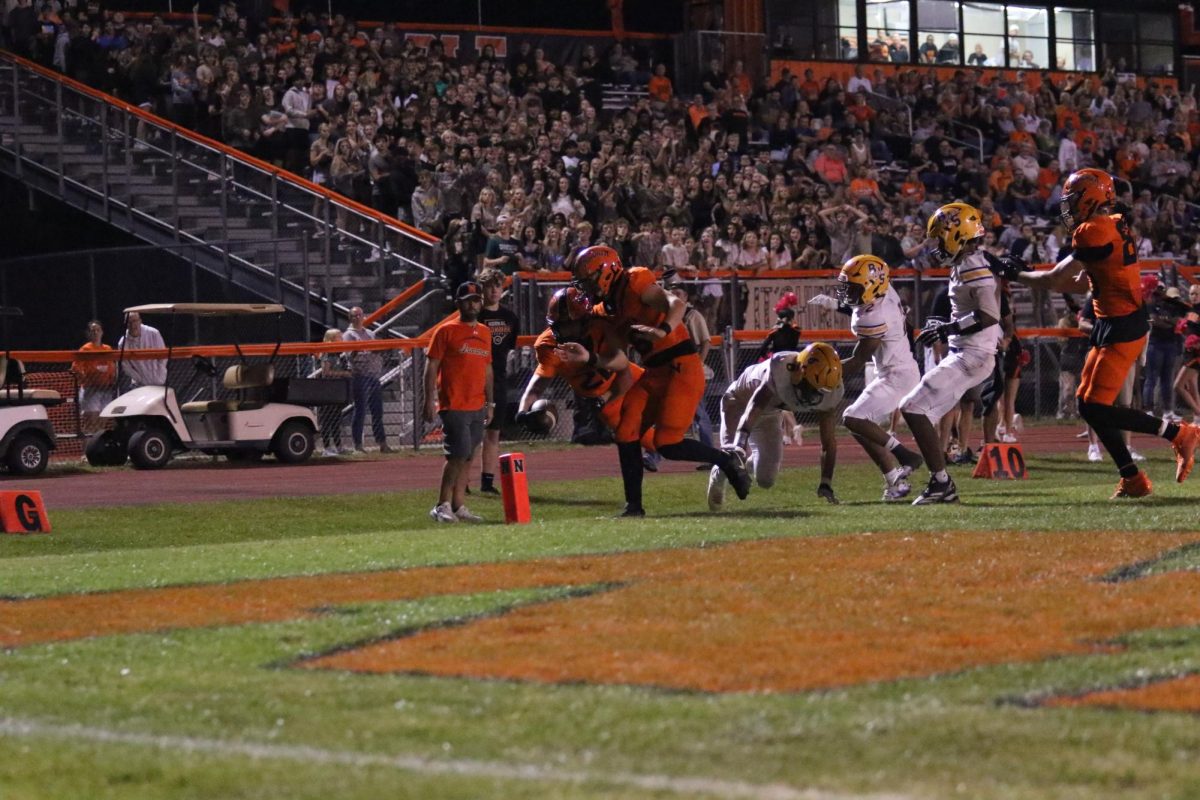
![Ironmen volleball head coach Ms. Christine Konopasek recorded her 400th career victory Oct. 21 as the Ironmen closed their regular season with a 2-0 sweep over Danville.
[Photo Illustration]](https://nchsinkspot.com/wp-content/uploads/2025/10/Vball400Thumb.png)





![Week 9: Coach Drengwitz on Week 8’s win, previewing Peoria High [video]](https://nchsinkspot.com/wp-content/uploads/2025/10/W9_PeoriaThumb.png)
![Postgame: Drengwitz on Community’s 56-6 win over Champaign Centennial; staying unbeaten in Big 12 [video]](https://nchsinkspot.com/wp-content/uploads/2025/10/10.17_FBwChampCent56-6_POST_thumb.png)
![On the Spot: This or That – Halloween [video]](https://nchsinkspot.com/wp-content/uploads/2024/10/tot-Halloween-YT-1200x675.png)
![On the Spot: This or That – Fall favorites [video]](https://nchsinkspot.com/wp-content/uploads/2024/10/ots-fall-web-1200x800.png)
![On the Spot – Teachers tested on 2023’s hottest words [video]](https://nchsinkspot.com/wp-content/uploads/2024/01/On-the-Spot-Teachers-tested-1200x675.png)







